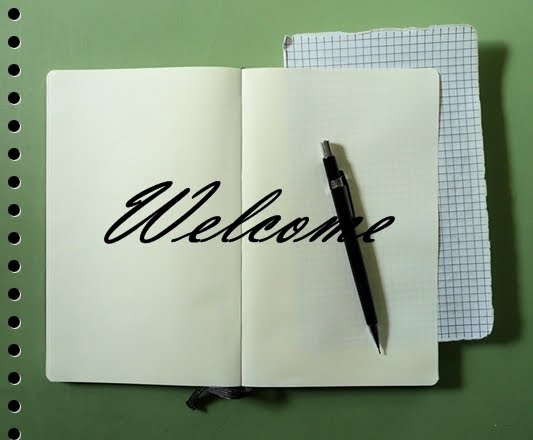Short Stories for Spanish Beginners
Reading is a good way to improve your vocabulary and comprehension in another language. Reading helps you identify word roots and new usages and learn new words from context and allows you to see how grammar and punctuation are used in the target language. Short stories are especially good for this.
Reading allows you to see how grammar
and punctuation are used.
Level of Reading Material
- It's important to select stories that are appropriate for beginners. A study by Etsuo Taguchi of Daito Bunka University, Greta J. Gorsuch of Texas Tech University and Evelyn Sasamoto of Daito Bunka University found that readers of a second language who are given materials too difficult for them quickly become frustrated and lose interest. Readers who are given reading material that uses vocabulary they already know along with a small percentage of new words and usages, however, are able to read quickly and pick up on the new material rather than struggle with a lot of difficult concepts.
Foreign language teacher Megan B. Wyatt suggests starting with short nonfiction stories, such as journalism articles. In most countries, print journalism is written for a sixth-grade education level, with fairly common vocabulary and basic grammar structures. She advises that when you are comfortable with news and magazine articles, it's time to move on to children's literature, poems and websites.
Tips
- Foreign language teacher Ignatius Graham suggests several tips for reading in a foreign language, applicable for reading short stories in Spanish. He recommends taking your time, reading in a quiet atmosphere away from distractions, breaking up the text into chunks and working on one chunk at a time, such as a single paragraph, using a dictionary, and rereading the same material at least twice.
He also writes that you shouldn't translate from Spanish to English in your head as you go, but practice reading and comprehending in Spanish. Continuously trying to translate will slow you down and prevent you from gaining real fluency in a language, which includes thinking in the language. Finally, he notes that you won't understand every word or grammatical construction every time. In cases like this, try to pick up the meaning from context and by parsing the sentence.
Readings Online
- There is a wealth of Spanish material online perfect for beginning readers of the language. ClubCultura offers short journal articles on Spanish and other literature and writers. The Bibliotheca Cervantes is a virtual library of Spanish literature ranging from the simple to the complex.
Spanish News Bites states that "our motto is "Spanish Language News for Spanish Language Learners"; it is an online resource offering regularly updated, up-to-the-minute news stories from Spain and Latin America, specially adapted for language learners at beginner, intermediate and advanced levels. It features selected mouse rollover glossary and grammar, audio, exercises and useful links. Finally, English-Spanish Link offers short stories for beginning Spanish learners with bilingual side-by-side translations and Spanish-only readings.
Readings in Print
- Several published series offer short stories in Spanish, often with a side-by-side English translation, which allows readers to check on the meanings of new words or constructions. These series include the Side-By-Side series and the English and Spanish Foundations Series. Suggested works include "Stories from Spain / Historias de España," by Genevieve Barlow and William Stivers, "Historias De Latinoamerica/Stories from Latin America," by Genevieve Barlow, and "Jorge el curioso" ("Curious George") and "Spiritual Sonnets," by Gabrielle de Coignard and Melanie E. Gregg. You also can subscribe to many popular magazines in Spanish to practice reading short stories.
Authors
- The short story is a traditional form among many South American writers writing in Spanish. In her collection "Short Stories by Latin American Women: The Magic and the Real," editor and author Isabelle Allende recommends short stories by Luisa Valenzuela, Elena Poniatowska, Clarice Lispector, Ana Lydia Vega and Dora Alonso. English-Spanish Link suggests readings by Hermanos Quintero, Cervantes, Jesus Ferrer and Gabriel Garcia Marquez.
http://www.ehow.com/about_5104691_short-stories-spanish-beginners.html

